ll these working people do hard work, not for them- selves, because the rich have taken possession of the land, collect taxes, own the plants, so they can turn around and give the money to a few beautiful women.
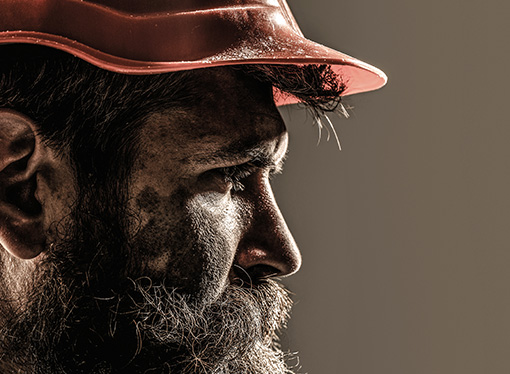
Need It Be So?
Why, then, do men live thus?
It is natural for the rich, who are used to their wealth and who do not see clearly that wealth does not give happiness, to try to maintain their position. But why does the vast majority, in whose hands is every power, assume that there is happiness in wealth, and continue to live in want and submit to the minority ?
Indeed, why do all those men who are strong in muscles and in artisanship and in the habit of work — the vast majority of men — submit, give in to a handful of feeble people, pampered old men and mainly women, who for the most part are not fit for anything ?
Take a walk before the holidays or during bargain weeks along the business streets, say through the Moscow Passages. Ten or twelve Passages, consisting of solid rows of magnificent shops with immense plate-glass windows, are all filled with all kinds of expensive wares, — exclusively feminine ones, — stuffs, dresses, laces, gems, foot-gear, house adornments, furs, and so forth. All these things cost millions and millions, all these articles have been manufactured in establishments by working people who frequently ruin their lives over this work, and all these articles are of no use, not only to the working people, but even to the wealthy men, — they are all amusements and adornments of women. At the entrances porters in galloons stand on both sides, and coachmen in expensive garments sit on the boxes of expensive carriages, which are drawn by trotters that cost into the thousands. Again millions of working days have been wasted on the production of all the luxury of the harnesses: old and young working people, men and women, have devoted all their lives to the production of all these articles. And all these articles are in the power and in the hands of a few hundred women, who in expensive furs and hats of the latest fashion saunter through these shops and purchase all these articles, which are manufactured for them.
A few hundreds of women arbitrarily dispose of the labor of millions of working people
Who work to support themselves and their families. On the whims of these women depend the fate, the lives of millions of people.
How did this happen ?
Why do all these millions of strong people, who have manufactured these articles, submit to these women?
Now a lady in a velvet fur coat and a hat of the very latest fashion drives up with a span of trotters. Everything upon her is new and most expensive. A porter hurries to throw back the boot of her sleigh, and respectfully helps her out, by supporting her under her elbow. She walks down the Passage as though through her kingdom, enters one of the shops, and buys five thousand roubles worth of material for her drawing-room, and, having given the order to send it up to her house, goes elsewhere. She is an evil, stupid, and not at all beautiful woman, who does not bear any children and has never done anything in her life for any one else. Why, then, do the porter, and the coachmen, and the clerks fawn so servilely before her? And why has all that over which thousands of workmen have laboured become her property? Because she has money, and the porter, the coachman, the clerks, and the workmen in the factory need money, with which to support their families. The money is most convenient for them, and frequently can be gained only by serving as a coachman, porter, clerk, workman in a factory.
And why has this woman money?
She has money because people who have been driven off the land and have forgotten how to do any other work are living in her husband’s factory, while her husband, giving the workmen as much as they must necessarily have for their support, takes all the profit from the factory, to the amount of several hundred thousands, for himself, and, not knowing what to do with the money, is glad to give it to his wife, for her to spend it on anything she may wish.
And here is another lady, in a still more luxurious carriage and garments
Who is buying up all kinds of expensive and useless things in all kinds of shops. Where does she get the money from? She is the mistress of a wealthy landowner of twenty thousand desyatinas, which were given to his ancestor by a harlot queen for his debauchery with that old queen. This landowner owns all the land around a colony of peasants, and lets this land to the peasants at seventeen roubles per desyatina. The peasants pay this money, because without the land they would starve. And this money is now in the hands of the mistress, and with this money she buys things which have been made by other peasants, who have been driven off the land.
Here again a third rich woman
With her fiancé and mother, is walking clown the Passage. This woman is about to marry, and she is buying bronzes and expensive dishes. She has money given her by her father, a distinguished official, who is receiving a salary of twelve thousand roubles. He gave his daughter a dowry of seven thousand roubles. This money was collected from import revenues and taxes, again from the peasants. These same taxes compelled the porter, who opens the door (he is a Kaluga peasant, — his wife and children are left at home), and the coachman, who brought them up (he is a Tula peasant), and hundreds, and thousands, and millions of men, who work out in houses or in factories, — to leave their homes and to work on articles which are consumed by the ladies, who receive the money, which by the manufacturers, landowners, officials is collected from the profit in the factories, or from the land, or from the taxes.
Thus millions of workmen have submitted to these women, because one man has taken possession of a factory
In which people work, another has taken possession of the land, while a third has seized the taxes, which are collected from the laboring classes. It is this that produced that which I saw about the foundry.
The peasants ploughed somebody else’s field, because they have not enough land, and he who owns the land permits them to use his land only on condition that they work for him. The stone-breakers broke rock, because only by means of this work were they able to pay the taxes demanded of them. In the foundry and in the mines the people worked, because the earth from which the ore is extracted and the smelter where it is smelted do not belong to them.
All these working people do hard work, not for them- selves, because the rich have taken possession of the land, collect taxes, and own the plants. So they can turn around and give the money to a few beautiful women.
In the end, all these men are wage slave to women.
Previous / A Wrinkle In Time / Next
SOURCE:
Tolstoy, Lev N., Complete Works: Letters and Essays, Vol. 23-24, p. 202-5.
Translated by Leo Wiener, Willey Book Co., New York, 1904.
Backed Up and Credited by – no-maam.blogspot.com


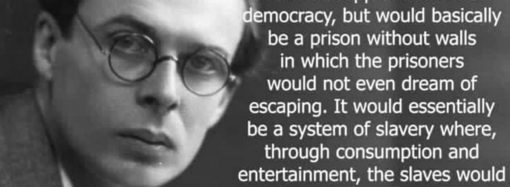



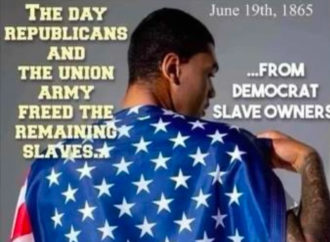
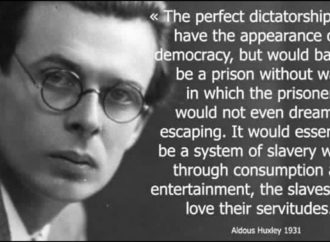



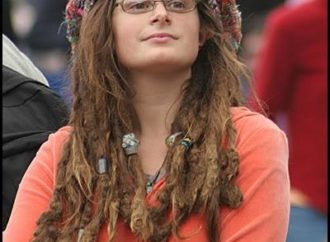














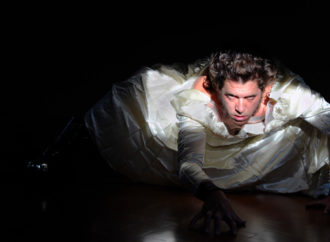

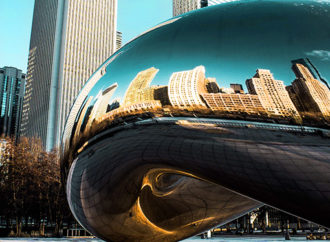



Leave a Comment
Your email address will not be published. Required fields are marked with *